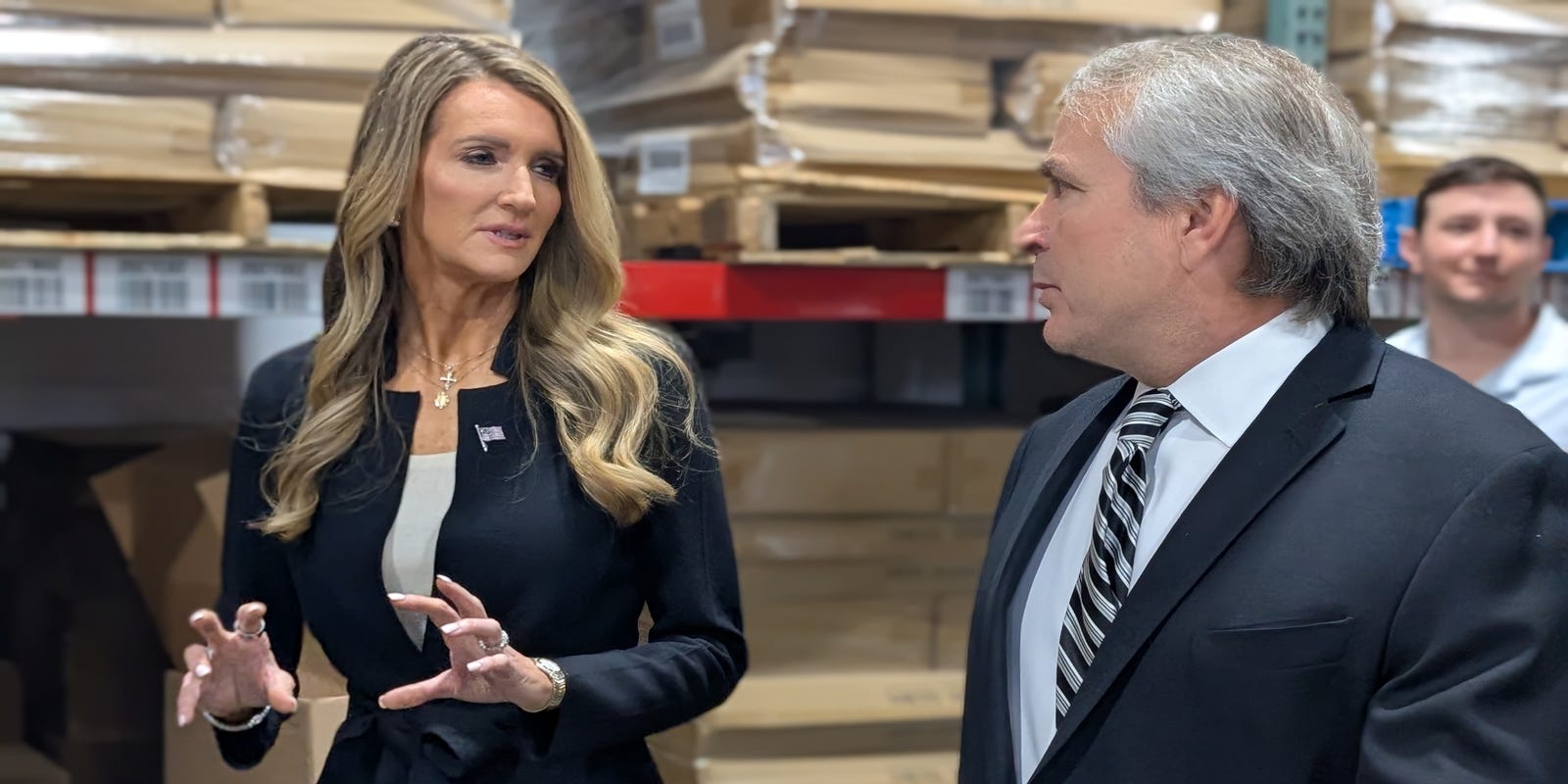Tariff Tremors: SBA Chief Warns of Business Adaptation Challenges in Trump Trade Battle

Small business owners may need to navigate a challenging transition as new import tariffs take effect, according to Kelly Loeffler, the Small Business Administration administrator. During her recent visit to New Jersey, Loeffler highlighted the potential economic impact, emphasizing that companies might experience an "adjustment period" while adapting to the changing trade landscape.
The administrator acknowledged the complexities businesses will face as they recalibrate their strategies in response to the new tariff regulations. Her comments underscore the importance of flexibility and strategic planning for small enterprises seeking to maintain their competitive edge in a dynamic economic environment.
